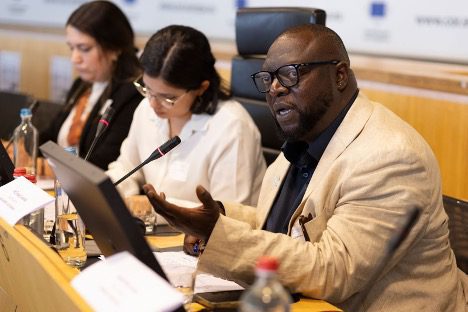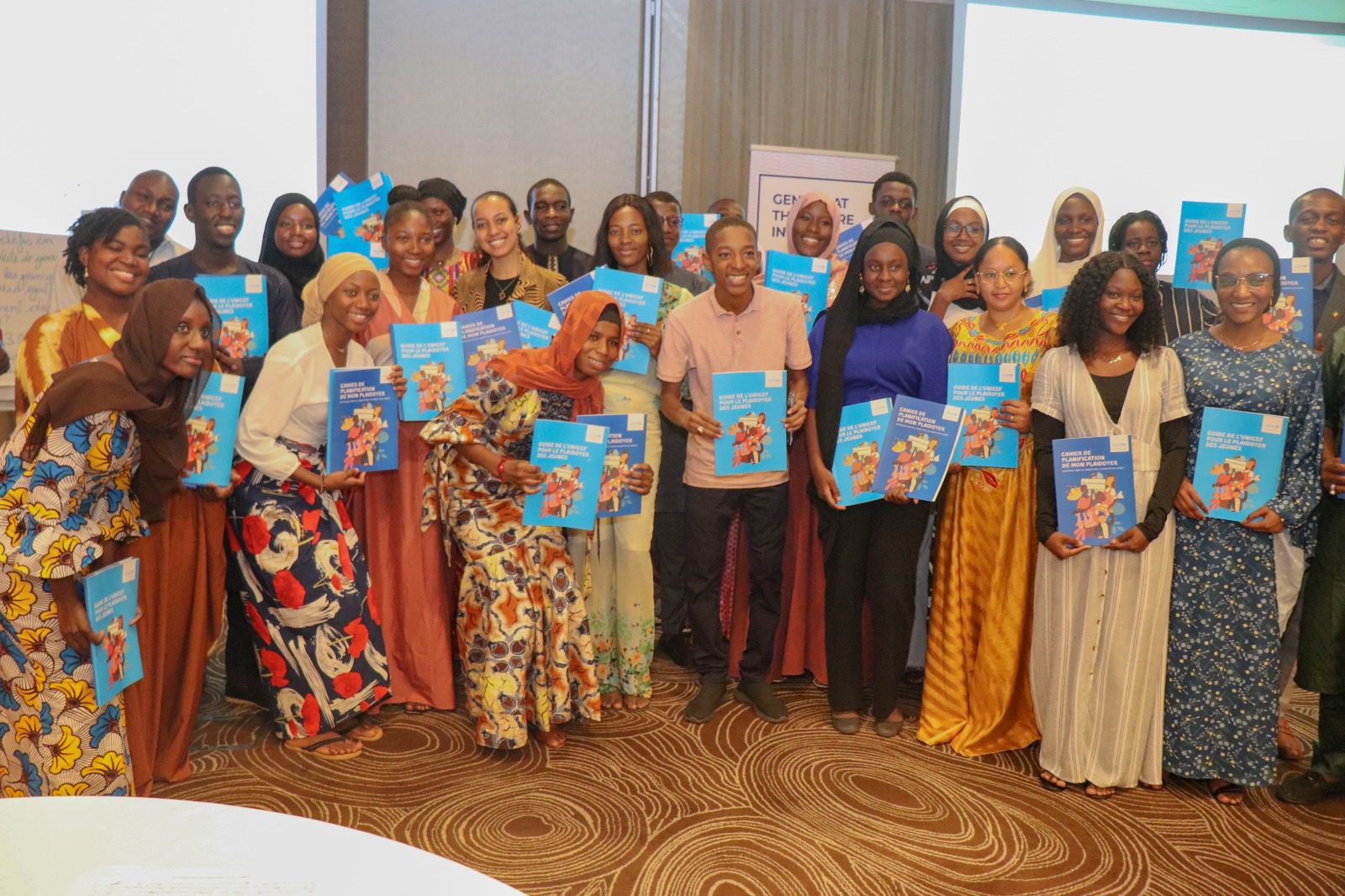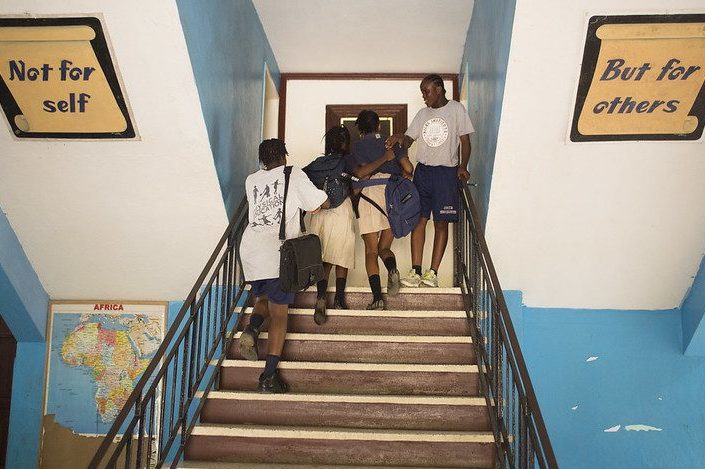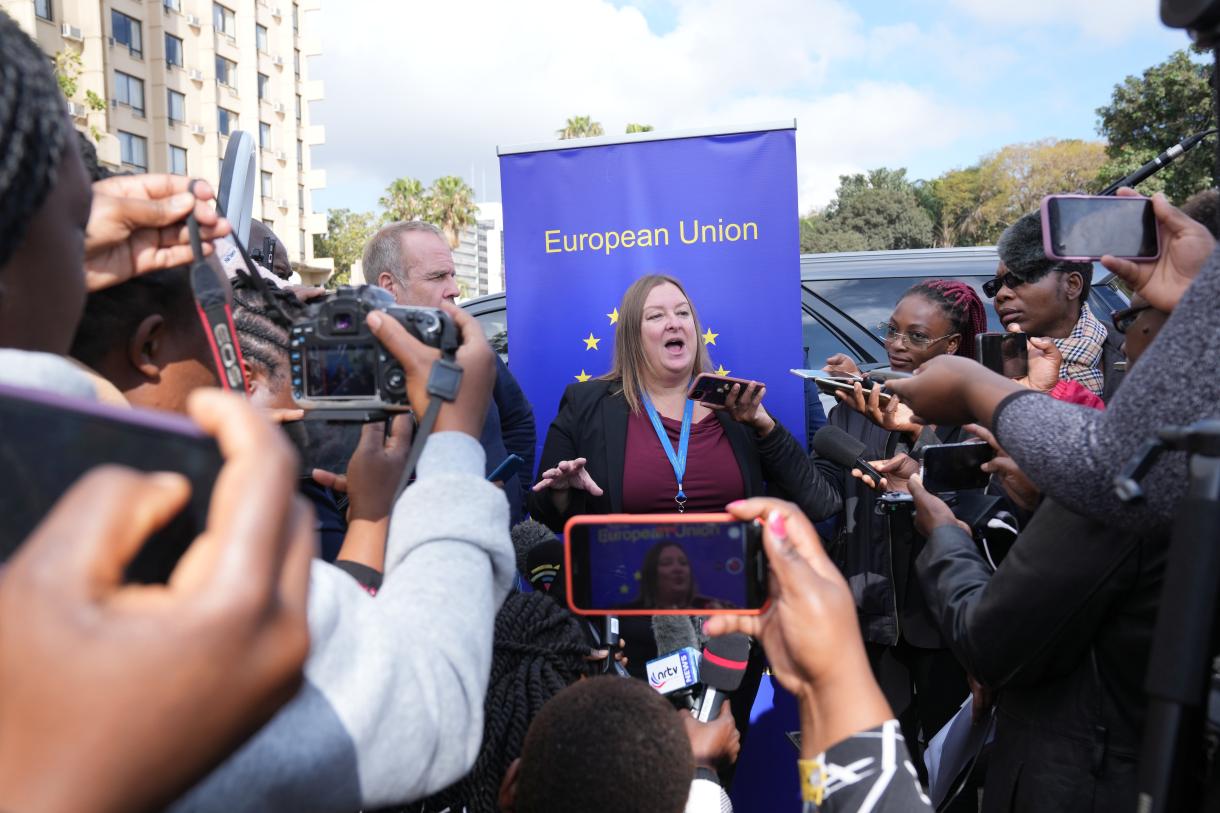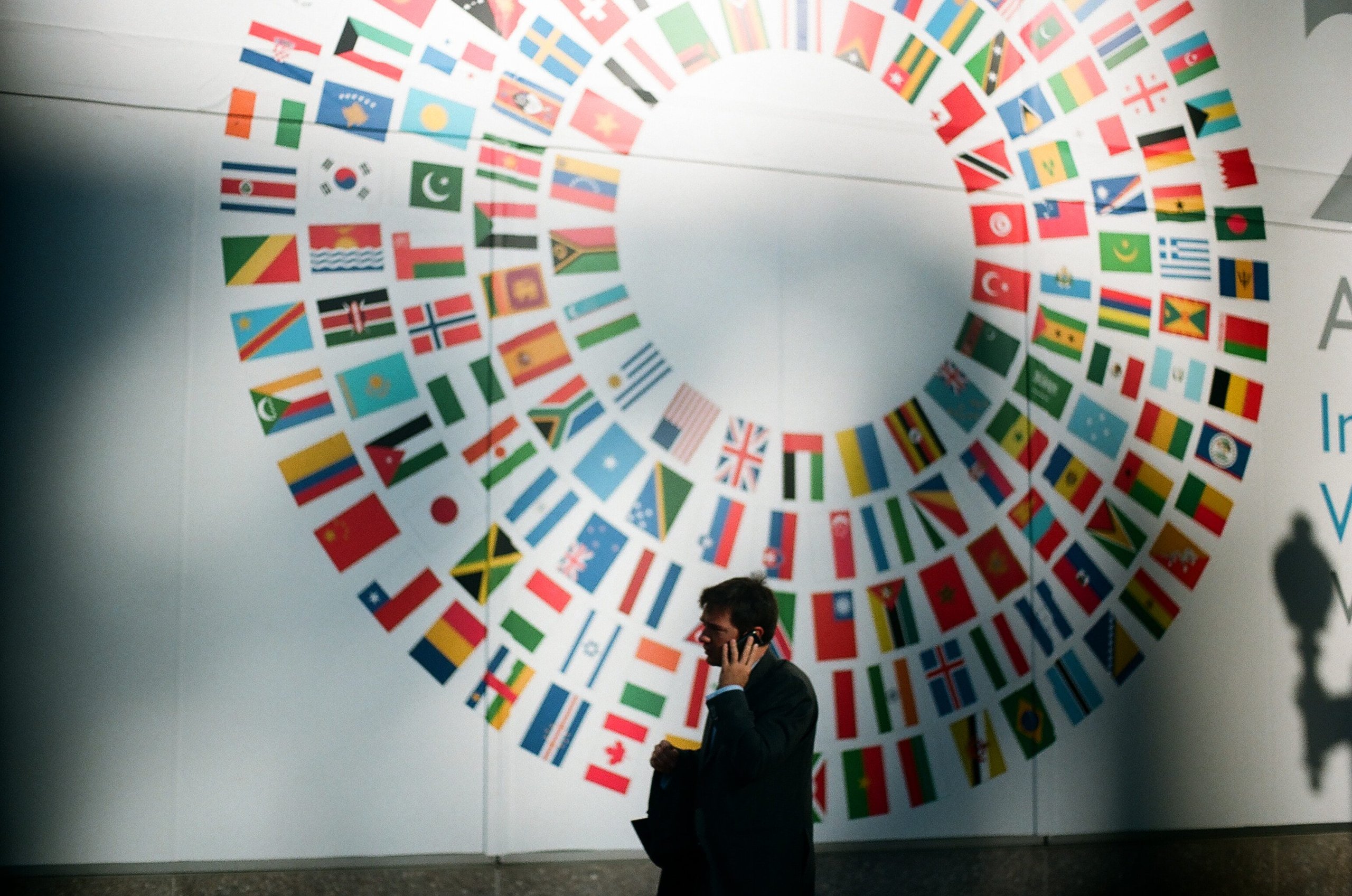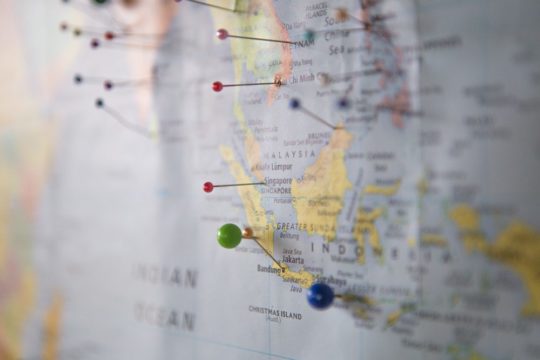Empowering Global Youth: A Path to Inclusive Democracy
By Kibo Ngowi Amidst the challenges faced by democracies worldwide, a beacon of hope is emerging as young people take charge of their futures. Youth across the globe are stepping up to redefine their roles in shaping governance. And the call for increased youth participation resonates strongly in the global south. Despite a lower-than-desired voter turnout in the Nigerian elections earlier this year, the resilience of the 'Not Too Young To Run' movement demonstrated the transformative power of youth cohesion as several young candidates who benefitted from the campaign took office for the first time. Pakistan, with its youthful population, [...]


